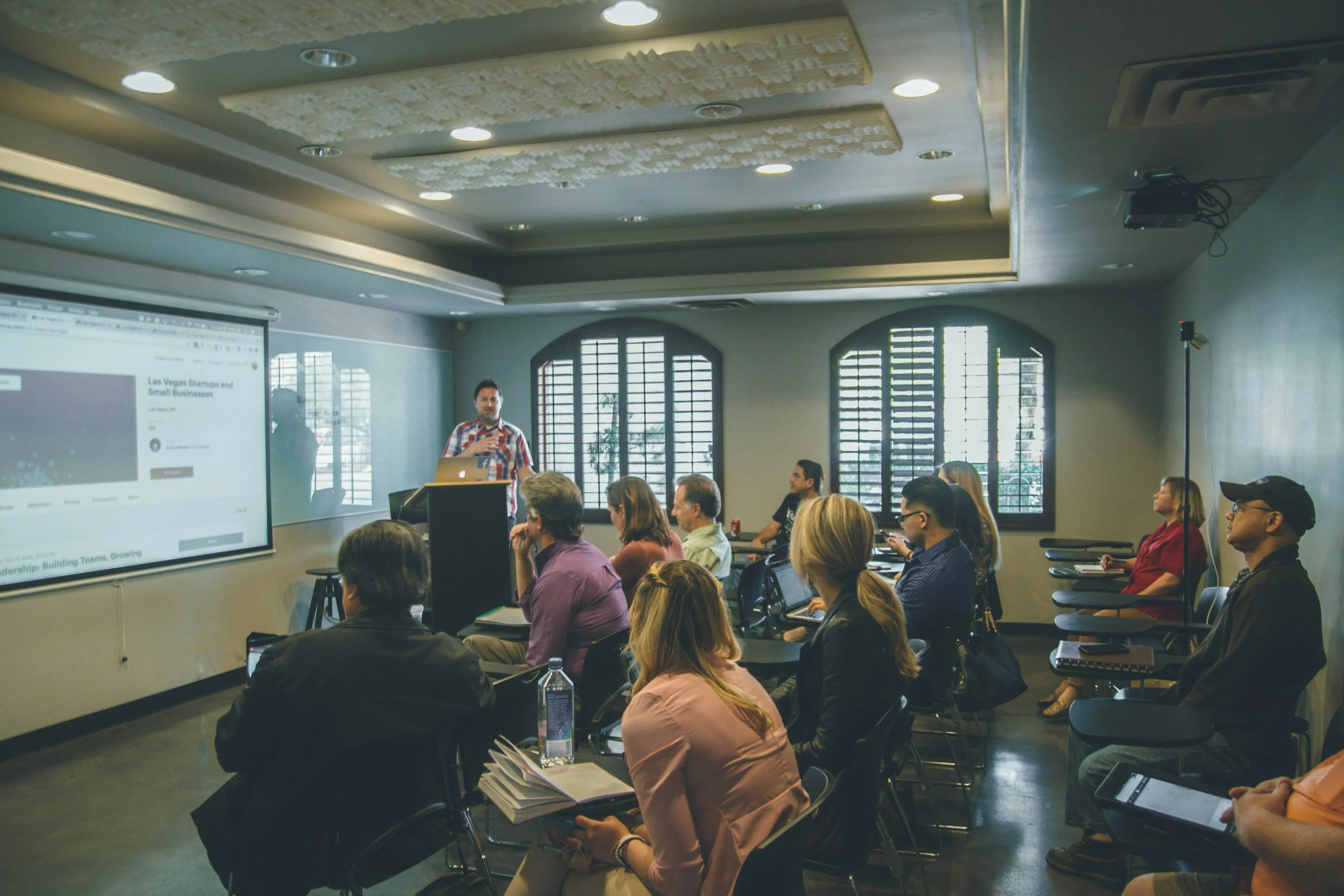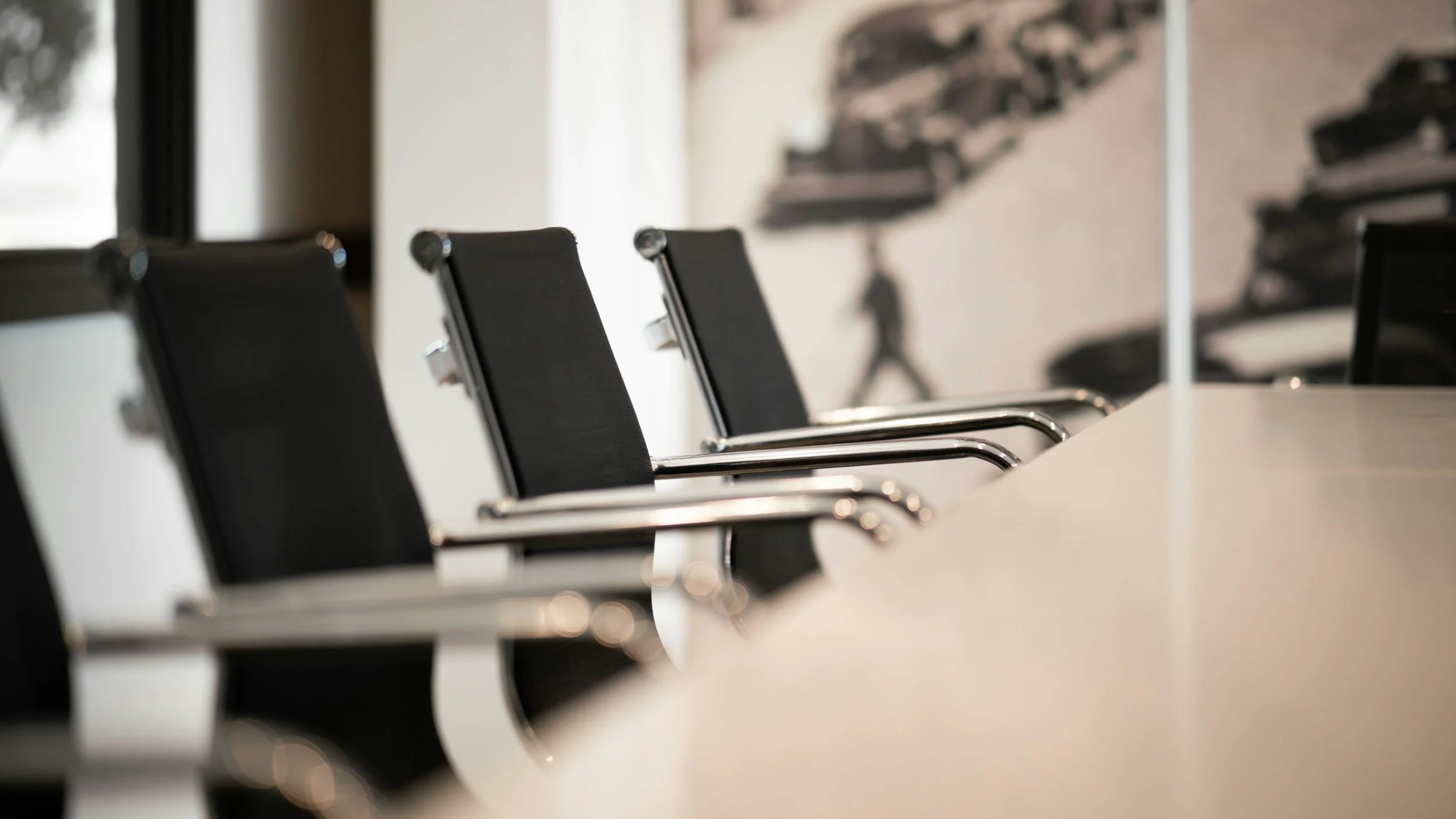Slowing Down
Recognizing and Responding to Stress
It’s 11:30pm, and I’m suddenly wide awake, palms sweating, panting, heart racing, and covered in a cold sweat. Damn. I’ve waited too long. I should have taken something before falling asleep, I should have done something yesterday, taken action sooner. Now, I get to face my nemesis again: Panic Attack.
We often recognize stress when it’s negative: traffic, kids, homework, burnt dinner, missing an important deadline. But what we sometimes overlook is that POSITIVE things can cause stress, too. The body often does not know the difference, and even though some positive things are happening (progress on a work project, holiday get togethers, good feedback on something), we can still feel the physical traits of stress.
What does stress look like:
For some people, signs of stress might include headaches, migraines, upset stomach, or muscle tension, and for others, it might not even be noticeable until some time has gone by with no relief.
For me, it can be any of these, but it can also include a flair-up of costochondritis, difficulty expanding my lungs, chest pain, extreme anxiety, or onset of panic attacks (numb, tingling hands and legs, tunnel vision, hearing loss, and at its worst—vomiting and even fainting).
Ways to jump start some healing:
Once I realize I’ve—once again—traveled up a creek and neglected my stress levels, I need to take a few days to reset.
** Note: I have a L-O-N-G history of anxiety and panic attacks and have in place a medical plan with my doctor. If you are feeling physical symptoms of stress and have the ability to do so, visit a doctor to review the best options for you. The tips presented here are presented as just that: tips, not medical advice.**
My version of a reset might include drinking more water and tea (and less coffee…), doing very light yoga, taking slow walks, and—and this is the hardest thing of all—being patient and letting myself be “lazy”. Watching tv and knitting during the day or even—gasp!—taking a nap!
I’m an “over-doer”—I think a lot of folks are. We are programmed that if we aren’t being productive in some way, then we’re being lazy. So, taking time to rest is something that we “earn” (“If I finish this, then I can rest for a bit…”). But the thing is, rest isn’t a reward—it’s a right. We HAVE to rest.
Where this gets extra difficult to process is with writing or projects that are self-driven (like, oh, I don’t know, a sabbatical project or two…). The work is something we love, the project-goal is one of passion, and the process itself is challenging in a very positive way. And to see all of this and say, “Well, I guess I should take a break now” is a really tough thing to do.
And yet.
If we don’t, that stress will build up and build up until…I find myself sitting on a couch, under a quilt, with a 70-pound dog against my legs, rotating writing this blog and knitting.
Time to slow down…
Brene Brown:
“It takes courage to say yes to rest and play in a culture where exhaustion is seen as a status symbol.”





